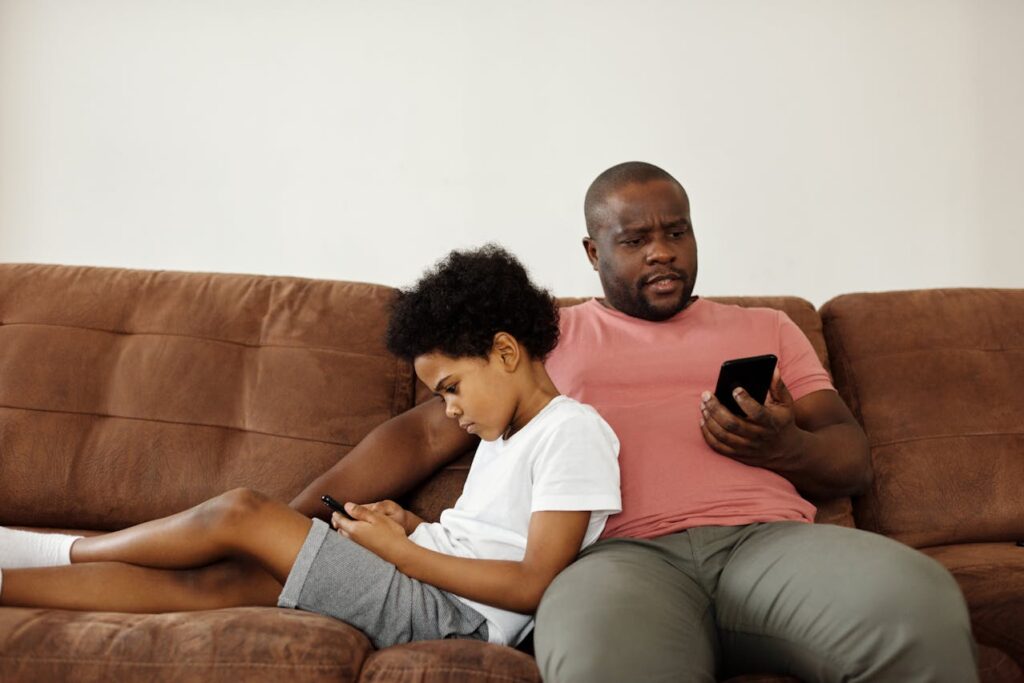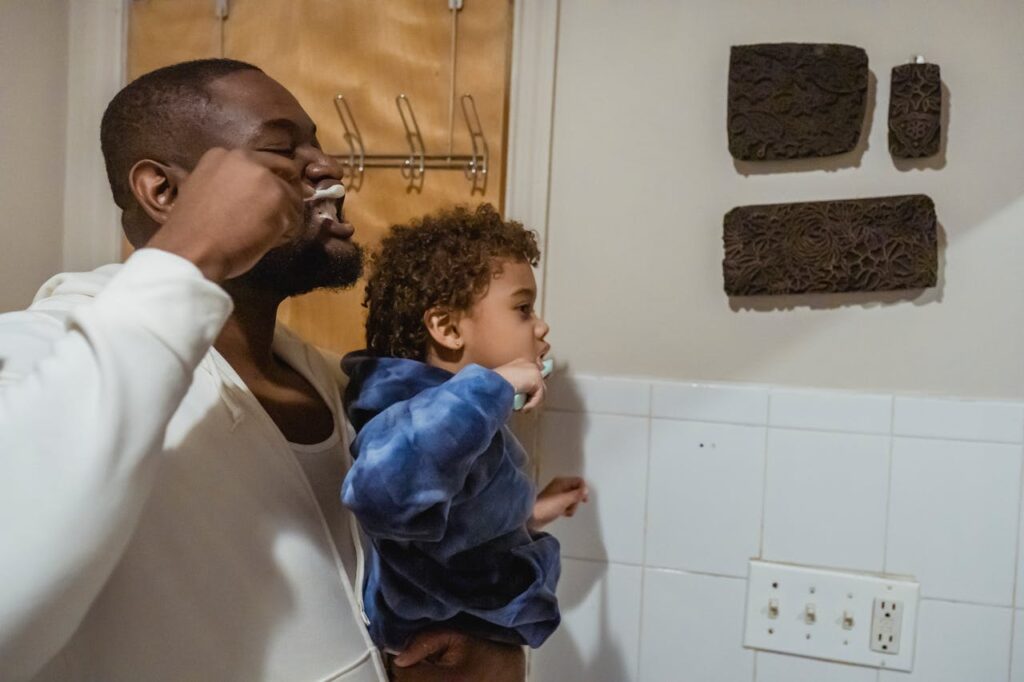Exploring the Long-Term Psychological Impact of Divorce on Children

Divorce is a life-altering event that can have profound implications, particularly for children. Understanding the long-term psychological impact of divorce on children is crucial in providing them with the support and resources they need to navigate this challenging transition. From the initial shock and confusion to the long-term effects on mental health, divorce can leave a lasting imprint on children’s lives. It’s essential to recognize the importance of addressing these psychological effects early on to mitigate potential long-term consequences. By delving into the psychological, we can gain insights into their emotional well-being and develop strategies to help them cope and thrive. Throughout this article, we’ll explore the various ways divorce can affect children’s mental health and highlight the significance of providing them with the necessary support and guidance.
Understand the initial impact of divorce
Divorce can trigger a whirlwind of emotions for children, ranging from sadness and anger to confusion and anxiety. The change in their family structure can leave them feeling lost and uncertain about the future. Many children may experience a sense of abandonment or blame themselves for their parents’ separation. It’s not uncommon for them to exhibit behavioral changes such as withdrawal, aggression, or regression in younger children. These emotional responses are natural reactions to the disruption of their family unit and the loss of stability and security they once knew—the first step to ensuring stability for children after divorce and relocation is recognizing these initial signs.
Changing the environment is stressful in many ways
The stress of divorce is often compounded by the logistical challenges of relocation. Moving to a new home, changing schools, and adjusting to a different environment can further exacerbate children’s emotions. The disturbance of their physical surroundings can intensify feelings of insecurity and instability, amplifying the emotional turmoil caused by divorce.
Say you reside in Miami and are dreading the idea of relocating with your kids. There’s a simple solution—when it comes to organizing and managing relocation, leave that part to the movers. A family-owned company like Pro Movers Miami can provide invaluable assistance in logistics, allowing your family to focus on supporting children through this difficult period. They are fully licensed and insured and offer professional packing services to ease the process.

Recognize the long-term psychological impact of divorce on children
Divorce can leave a profound and lasting impact on children’s mental health, often manifesting in a range of psychological issues. Anxiety, depression, and low self-esteem are among the most prevalent long-term effects experienced by children of divorced parents. The disruption of their family unit can instill a sense of instability and insecurity, leading to persistent feelings of worry, sadness, and inadequacy. Moreover, the absence of a cohesive family structure may exacerbate feelings of loneliness and isolation, further contributing to their emotional struggles. Let’s focus on things you can do to support your kids and avoid the long-term psychological impact of divorce on children.
What can you do?
To mitigate these long-term effects, provide children with ongoing support and counseling. Professional therapy can offer a safe space for children to express their emotions, process their experiences, and develop healthy coping mechanisms. Here is what you can do:
- Encourage open communication—Create a safe and supportive environment where children feel comfortable expressing their thoughts and feelings about the divorce. Encourage honest conversations and validate their emotions without judgment.
- Maintain a routine—Establishing predictable routines can provide a sense of stability. Stick to regular meal times, bedtimes, and activities to provide a sense of normalcy during this tumultuous time.
- Validate children’s feelings—Acknowledge and validate the range of emotions children may experience, including sadness, anger, and confusion. Let them know it’s okay to feel what they’re feeling. Reassure them that they are not alone in their struggles.
- Seek professional counseling if needed—If children are struggling to cope with the psychological effects of divorce, therapy can give them the tools and support they need to navigate their emotions and build resilience.
- Provide opportunities for self-expression—Encourage children to express themselves through creative outlets such as art, music, or journaling. These activities can serve as therapeutic tools for processing emotions and finding outlets for self-expression.
- Promote healthy coping strategies—Teach children healthy coping mechanisms for managing stress and anxiety, such as deep breathing exercises, mindfulness techniques, or physical activities like sports or yoga. Encourage them to engage in activities that bring them joy and relaxation, helping them develop resilience.

Choose a good support system for your family
A variety of resources cater to families amid divorce. Local support groups provide an environment where individuals can share experiences, seek advice, and find solidarity with others undergoing similar challenges. Online forums and social media platforms also serve as virtual support networks. Many dedicated organizations provide invaluable assistance to families navigating divorce. You may find counseling services, legal aid, and parenting classes to support families through this challenging period.
Additionally, Family Court Services offers mediation services and parent education programs, facilitating constructive communication and co-parenting arrangements. However, the most important support system for the family healing post-divorce is the home environment. Make your home the number one safe place for your kids.

Long-term psychological impact of divorce on children Understanding the long-term psychological impact of divorce on children is crucial for their well-being. From initial confusion to lasting effects on mental health, divorce can profoundly affect children. To support them, fostering open communication, maintaining routines, validating their feelings, and seeking professional counseling are essential. By prioritizing children’s needs and providing necessary resources, we can help them navigate divorce with resilience. Kw: long-term psychological impact of divorce on childrenMeta: Learn all about the long-term psychological impact of divorce on children. Discover how to choose the best support system for your kids!https://www.pexels.com/photo/little-girl-playing-in-a-box-4569304/https://www.pexels.com/photo/a-happy-family-in-the-park-4543674/https://www.pexels.com/photo/black-father-and-son-brushing-teeth-during-morning-procedure-6623859/https://www.pexels.com/photo/father-and-son-using-smartphones-4260638/
